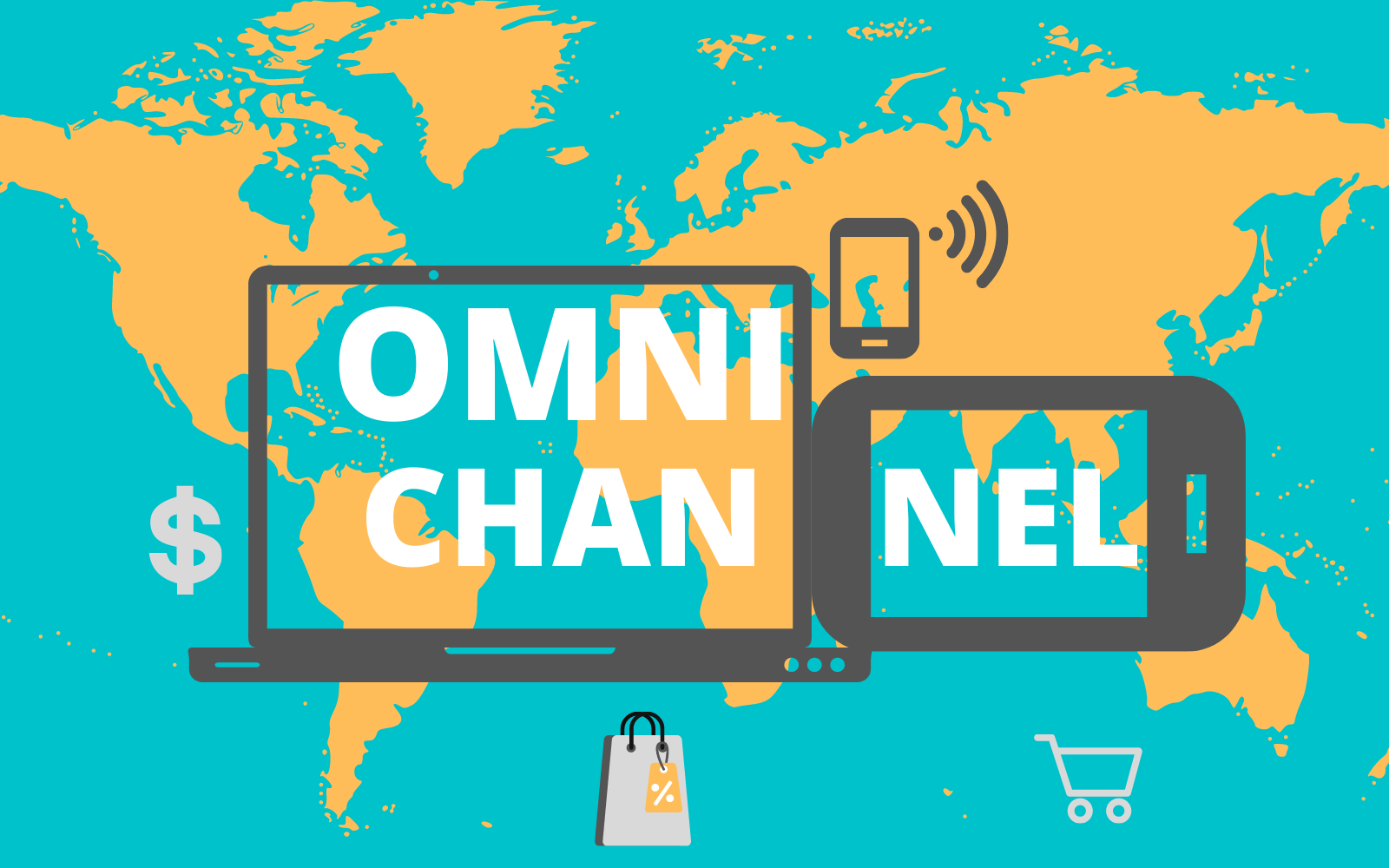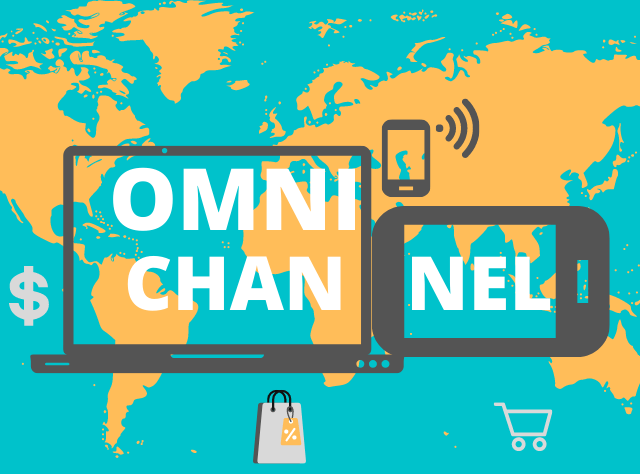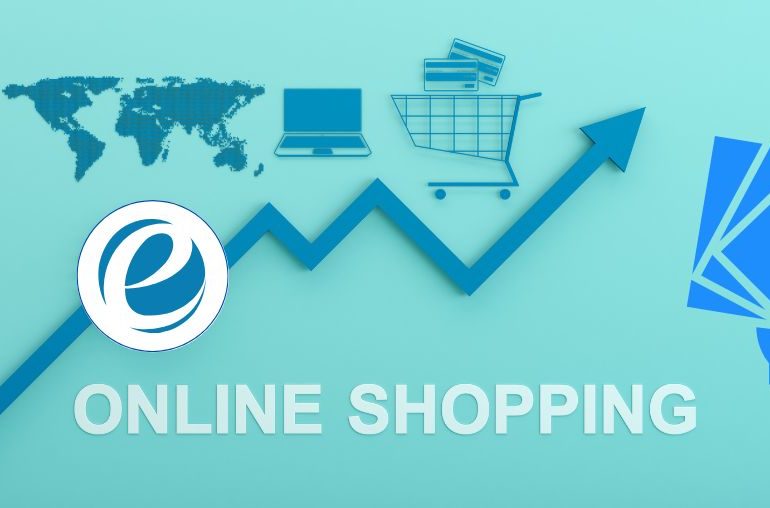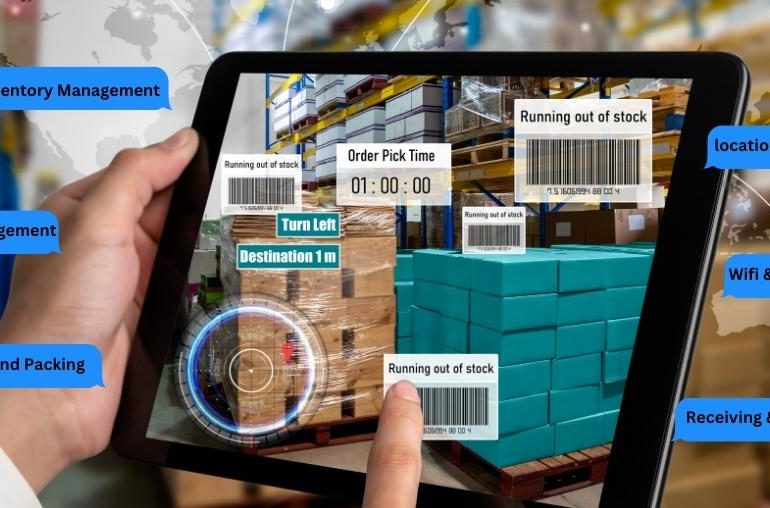Last Updated on January 21, 2022
In the last two decades, we have seen a lot of changes and trends in the ecommerce industry. Initially, it began by simple selling and buying features but later on adopted an attractive user interface, multiple payment methods, voice recognition, smart search, augmented reality, artificial intelligence, multi-language, mobile commerce, etc. One such recent trend is Omnichannel ecommerce which is focused on providing a better customer experience. This trend is not easily going to obsolete as 55% of customers are ready to pay more for better customer experience.
Omnichannel is a buzz you must have heard from your colleague or friend in sales, or have read on your favorite marketing blog. In this article, we are going to explain about Omnichannel ecommerce and how does it works, along with its benefits, etc
What is OmniChannel eCommerce?
 In the omnichannel commerce approach, the aim is to provide a holistic and integrated customer experience. In this approach, there is an underlying assumption that most of the customer will engage with a brand by multiple channels before making a buying decision. “All channels” revolves around the customer for creating a unified customer experience. As per the research of Harvard, nearly 73% of the customers look through multiple channels before making a purchase. After getting satisfied from the information across different channels, the customer decides to buy it from a retailer.
In the omnichannel commerce approach, the aim is to provide a holistic and integrated customer experience. In this approach, there is an underlying assumption that most of the customer will engage with a brand by multiple channels before making a buying decision. “All channels” revolves around the customer for creating a unified customer experience. As per the research of Harvard, nearly 73% of the customers look through multiple channels before making a purchase. After getting satisfied from the information across different channels, the customer decides to buy it from a retailer.
Difference between Omni-channel eCommerce and Multi-channel eCommerce
Let’s know in detail each approach of ecommerce
Single Channel eCommerce
It simply means selling a product through only one sales channel. It can be a brick-and-mortar store, your ecommerce store, or an online marketplace like Amazon. It can work perfectly fine alone. However, in today’s time, customers can’t just rely on a single platform to have trust in your product so it is wiser to look for additional channels to sell your product.
Multi-channel eCommerce
In the multichannel commerce approach, there are choices given to the customers of the channel they prefer to engage in. It’s flexible but expects brands to behave in the confines of the channel. You can suppose a multichannel with like a wheel of spokes. At the center is your product, while on the outer rim, there is a customer who has an equal opportunity for different channels to reach the product.
Omnichannel eCommerce
Multiple channels are involved in omnichannel too, similar to the multi-channel strategy. That is without multichannel there is no omnichannel. The big difference is that omnichannel commerce connects all channels. This means your customer has a seamless experience across all platforms.
Some key point differences between omnichannel and multichannel commerce
- Multi-channel focuses on spreading the message of your brand across different channels while omnichannel is more focused on customer experience instead of the number of channels.
- Omnichannel comes with consistency as the customer gets the same level of personalized customer experience every time through every channel which is not possible with a multi-channel approach.
- The multi-channel approach just spread the message to the customer so that they will make an action. Omnichannel also does the same thing but it also put efforts to know the customer in a better manner.
Also Read: Omnichannel vs Multichannel eCommerce: Which One Is Better?
Benefits of Omnichannel Ecommerce
1. Improve Sales
As per research, an average omnichannel shopper spends 4% more during in-store shopping. The figure increases by 10 percentage points for their online counterpart in comparison to those who are using a single channel.
These are not such a high number but it reflects the potential of Omnichannel. Also, one-sixth of the returned Omnichannel customers tend to spend more in the future.
2. Higher Customer Retention
In ecommerce, retention of the customer is more important than acquiring new customers. The customers acquired should be loyal to the brand with high customer retention rates.
“Do you know that 44% of companies focus more on acquisition while 18% on customer retention and rest focus equally on both?”
“Do you know that 76% of companies are more interested in Customer Lifetime value than any other metrics?”
When companies shift their focus from the acquisition rate to the retention rate, they see more sustainable growth. Increasing customer retention rates can increase profits by 25-30%.
3. Personalized offers
Every customer has different requirements. Some are sports fanatics, while some are bookworms. So providing a personalized recommendation to the customer will help them a lot. In fact, nearly one-third of the customers are more likely to make a purchase on your ecommerce store if they are tailored with personalized recommendations. The customers are ready to share views and preferences if they are getting benefits from it.
4. Importance of all channels
As per research, two-thirds of the customers start shopping from one device and end up making a payment from the other.
63% of the customers use multiple channels if they are buying a product above $120. Hence, customers don’t rely on a single piece of information instead wants to check out product details through different platforms. Also, as per Google research, 98 percent of people switch between different devices in a day. In Omnichannel ecommerce, we can make full use of the different channels for a complete widespread presence.

5. Better data collection and demand sensing
Do you know that overstocks cost businesses around the world, nearly $1.1 trillion each year? This is due to the poor data collection which results in either understock or overstock.
When you don’t have adequate data from customers, it is hard to sense the demand. This mostly occurs to the brands which don’t share data on different channels. Omnichannel offers integrated data collection throughout all of its channels.
6. Improve profits
When you have higher customer retention value, better demand sensing, it is definitely going to result in more sales. Also, omnichannel provides an efficient online & offline sales framework by which the sellers can sell products to anyone at full price.
Conclusion
If you are planning to adopt for an omnichannel approach, you must require an ecommerce development company who are having expertise in these requirements. Also, there are certain prerequisites of your ecommerce store to consider before adopting an approach. At Emizentech, the best ecommerce development company, we are having expertise in developing ecommerce stores from scratch and meet every custom requirement of our clients.





 USA
USA UK
UK Singapore
Singapore